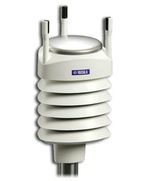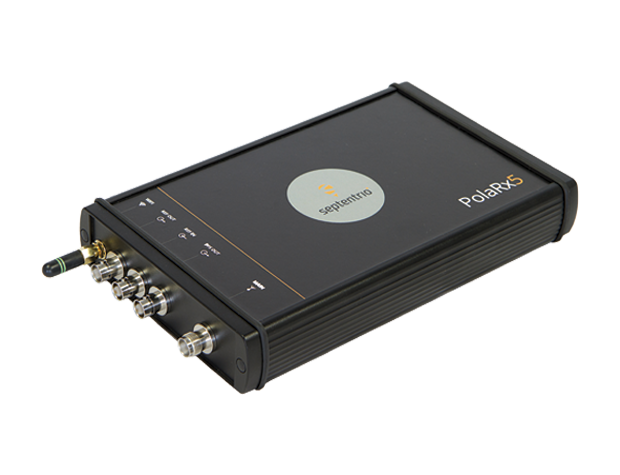How to integrate the Vaisala WXT510/520 and the Septentrio PolaRx5 (Command Line)


Configuring the Vaisala WXT510/520 Weather Transmitter
There are two ways to configure the Vaisala WXT510/520 Weather Transmitter:
-
Use the Vaisala configuration software and service cable; load the UNAVCO configuration file located at:
/questions/306/Vaisala+WTX-510%7B47%7D520+config+file+ .
OR
-
Use hyper terminal (or any other terminal emulation program) to configure the Vaisala WXT510/520 manually.
To configure the Vaisala using a terminal emulation program:
-
Connect to the Vaisala using the following settings:
-
Baud: 19200
-
Parity: None
-
Flow Control: None
-
Edit the hyper terminal ASCII settings:
-
check box for "send line ends for line feed"
-
check box for "Echo typed characters locally"
-
check box for "Append line feed to incoming line ends"
-
-
-
With the terminal connection established, power up the Vaisala. You should get a "0X0, start" message.
-
Use the following commands to configure the WXT510/520:
-
0XU,M=Q,C=2 (This should set the WXT510 to NMEA polled, RS232 communication)
-
0TU,R=&11010000,I=180,P=B,T=C (This should set the pressure units to bar and temperature to Celsius)
-
0RU,R=&10000000U=M,Z=A (This sets the precipitation units to mm/hr and counter reset)
-
0WU,R=&01001000 (These next two commands sets wind averaging, units, and output values)
-
0WU, I=180,A=180,U=M,F=1
-
0SU,R=&00000000 (This removes the system status elements from the output values)
-
0XU,M=P (to change the communication protocol back to ASCII)
-
-
Verify the Vaisala is enabled:
-
Issue a "0R0" command.
-
The met pack is set to output the following string:
0R0,Dm=076D,Sm=0.1M,Ta=24.4C,Ua=20.9P,Pa=0.8429B,Rc=0.00M,Hc=0.0M
where:
0R0 - the command that is sent
Dm - wind direction, degrees
Sm - wind speed, m/s
Ta - temperature, degree C
Ua - humidity, percent
Pa - barometric pressure, Bar
Rc - rainfall, mm/sampling period (reset at each measurement)
Hc - hail, hits/sampling period (reset at each measurement)
-
Configuring the Septentrio PolaRx5
Configuring the PolaRx5 using a telnet connection
-
Connect to the receiver (default command port: 28784)
telnet ip_address port_number
-
Login to the receiver
login, username, password
-
Setup the serial port (in this example the met device is connected to COM2)
scs, COM2, baud19200, bits8, No, bit1, none
-
Enable a periodic ASCII command to be sent to the met device (%%CR and %%LF correctly terminate the ’0R0’ command sent the the device)
spe, COM2, A:0R0%%CR%%LF, min5
-
Enable the receiver to accept the met device’s ASCII input
sdio, COM2, ASCIIIn
-
Add the ASCIIIn to the desired SBF logging stream
sso, Stream#, LOG#, +ASCIIIn,
-
Save the new configuration settings to Boot
eccf, Current, Boot
Using teqc to extract met records
Use the following command to create a met file:
teqc +met <filename>.met -M.obs pr+td+hr+ws+wd+ri+hi <filename>.sbf > <filename>.obs
where <filename>.sbf is the binary file that you pulled from the receiver,
and
<filename>.met is the ASCII file that contains the extracted met data,
and
<filename>.obs is the RINEX observation file extracted from the SBF file.
)